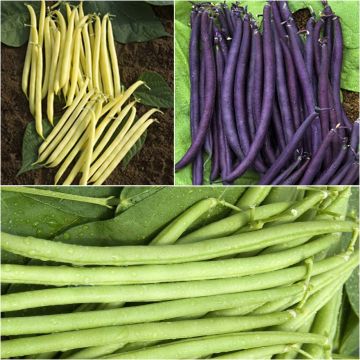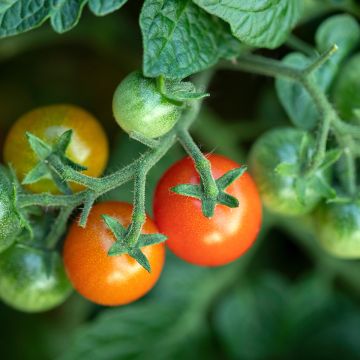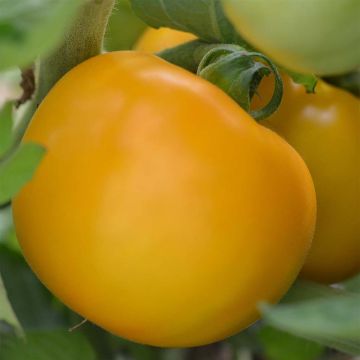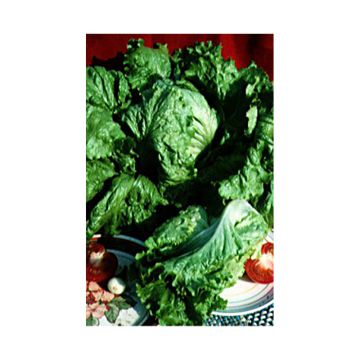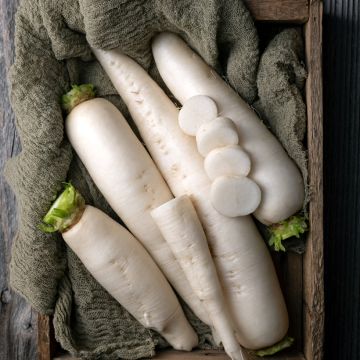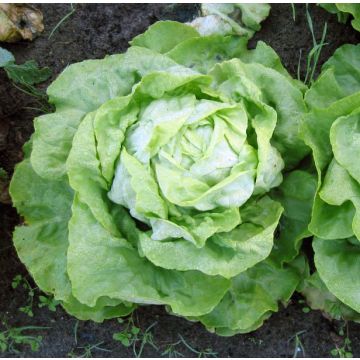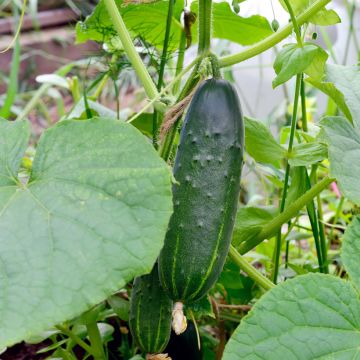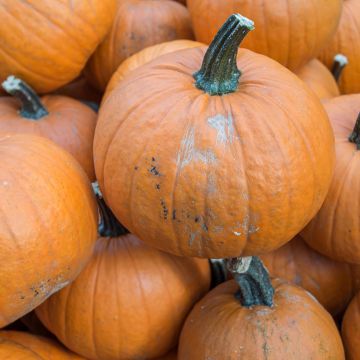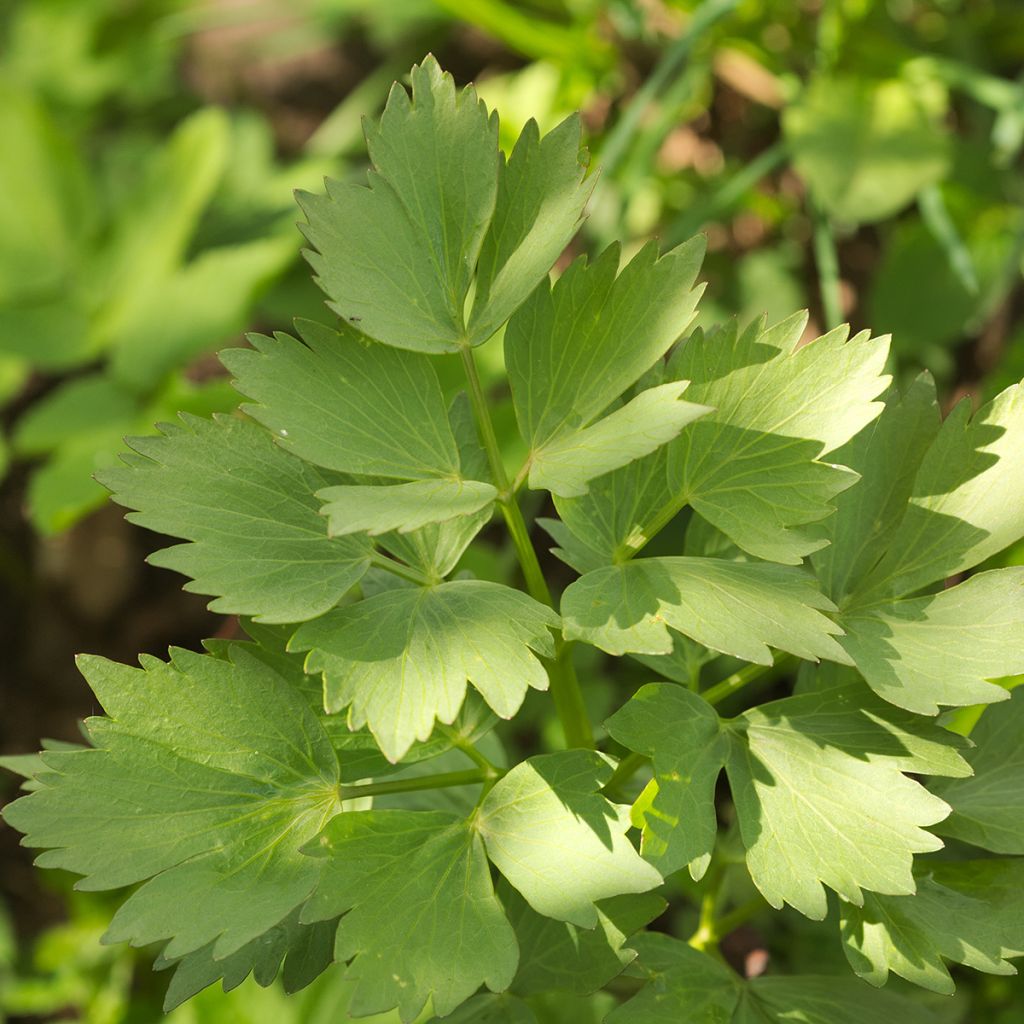

Citro Quick Lemon Balm
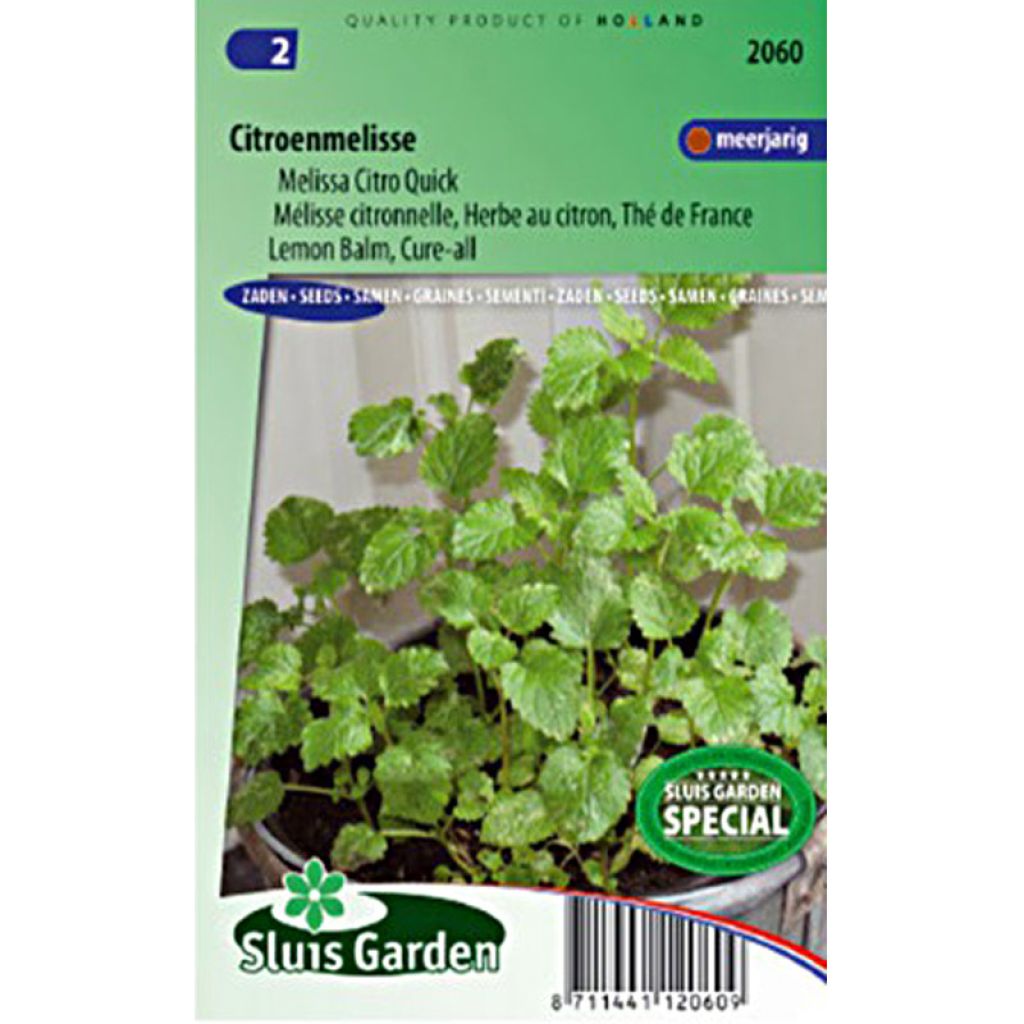

Mélisse citronnelle Citro Quick
Citro Quick Lemon Balm
Melissa Officinalis Citro Quick
Lemon Balm, Common Balm, Balm Mint
Special offer!
Receive a €20 voucher for any order over €90 (excluding delivery costs, credit notes, and plastic-free options)!
1- Add your favorite plants to your cart.
2- Once you have reached €90, confirm your order (you can even choose the delivery date!).
3- As soon as your order is shipped, you will receive an email containing your voucher code, valid for 3 months (90 days).
Your voucher is unique and can only be used once, for any order with a minimum value of €20, excluding delivery costs.
Can be combined with other current offers, non-divisible and non-refundable.
Home or relay delivery (depending on size and destination)
Schedule delivery date,
and select date in basket
This plant carries a 6 months recovery warranty
More information
We guarantee the quality of our plants for a full growing cycle, and will replace at our expense any plant that fails to recover under normal climatic and planting conditions.
Description
Lemon Balm 'Citro Quick' is a bushy variety whose stems, 40 to 60cm (16 to 24in) tall, grow in all directions. Its leaves are dark green, toothed and wavy. They are also highly fragrant and lemon-scented. Sowing takes place from March to May and from September to November for harvests from May to October.
This plant is so easy to cultivate that it can be grown in a pot for a long time, as long as it is regularly divided. Plant it alone, otherwise it quickly encroaches on the living space of its neighbours. Its lemon scent repels mosquitoes, so plant it in a pot near where you eat your meals on beautiful summer evenings, and even better, prepare a few small bouquets to place on the table.
The flavour of lemon balm complements both savoury dishes and desserts, not to mention hot or cold drinks. Finely chopped, the leaves enhance salads and all kinds of raw vegetables, sauces, soups...
Harvest: The harvest takes place from May to October, as needed. It is in June that it concentrates its aromatic qualities the most.
Storage: Lemon balm leaves freeze very well. Drying yields fairly good results, but the leaves only retain their fragrance for a few months. To dry them, hang the stems in a well-ventilated area, then store the leaves in airtight jars.
Gardener's tip: Lemon balm is appreciated by all plants, especially broad beans and beans, and its lemon scent repels mosquitoes, aphids and flies. Planted at the base of roses and fruit trees, it protects them from aphids.
Report an error about the product description
Harvest
Plant habit
Foliage
Botanical data
Melissa
Officinalis
Citro Quick
Lamiacées
Lemon Balm, Common Balm, Balm Mint
Cultivar or hybrid
Perennial
Planting and care
Sowing of Lemon Balm :
Lemon Balm likes fresh, fertile, light, clayey and deep soils, but will be able to settle anywhere. The sowing is done in spring, from March to May. Sow in pots containing a mixture of 1/3 compost, 1/3 garden soil and 1/3 sand. Thin out. Transplant the plants in place in September, with 50/60cm (20/24in) spacing, in full sun or partial shade.
The plants will be split and replanted in spring and autumn. Take out the clump with a fork-spade, divide it into several parts, and replant immediately.
Cultivation of the beak:
Water well for the two months following sowing or spring planting. Cut the clump, almost at ground level, twice a year: in July, when the plant blooms, to encourage new foliage and prevent unwanted sowing; in March, to remove old stems and allow new ones to form. The young shoots will quickly appear. Do not throw away the cut branches: dry the best ones, in bundles, upside down, in a well-ventilated and dark room. They will make delicious herbal teas or perfume your wardrobes.
It is a resistant plant. It is not known to have any diseases or parasites.
Seedlings
Care
Intended location
This item has not been reviewed yet - be the first to leave a review about it.
Similar products
Haven't found what you were looking for?
Hardiness is the lowest winter temperature a plant can endure without suffering serious damage or even dying. However, hardiness is affected by location (a sheltered area, such as a patio), protection (winter cover) and soil type (hardiness is improved by well-drained soil).

Photo Sharing Terms & Conditions
In order to encourage gardeners to interact and share their experiences, Promesse de fleurs offers various media enabling content to be uploaded onto its Site - in particular via the ‘Photo sharing’ module.
The User agrees to refrain from:
- Posting any content that is illegal, prejudicial, insulting, racist, inciteful to hatred, revisionist, contrary to public decency, that infringes on privacy or on the privacy rights of third parties, in particular the publicity rights of persons and goods, intellectual property rights, or the right to privacy.
- Submitting content on behalf of a third party;
- Impersonate the identity of a third party and/or publish any personal information about a third party;
In general, the User undertakes to refrain from any unethical behaviour.
All Content (in particular text, comments, files, images, photos, videos, creative works, etc.), which may be subject to property or intellectual property rights, image or other private rights, shall remain the property of the User, subject to the limited rights granted by the terms of the licence granted by Promesse de fleurs as stated below. Users are at liberty to publish or not to publish such Content on the Site, notably via the ‘Photo Sharing’ facility, and accept that this Content shall be made public and freely accessible, notably on the Internet.
Users further acknowledge, undertake to have ,and guarantee that they hold all necessary rights and permissions to publish such material on the Site, in particular with regard to the legislation in force pertaining to any privacy, property, intellectual property, image, or contractual rights, or rights of any other nature. By publishing such Content on the Site, Users acknowledge accepting full liability as publishers of the Content within the meaning of the law, and grant Promesse de fleurs, free of charge, an inclusive, worldwide licence for the said Content for the entire duration of its publication, including all reproduction, representation, up/downloading, displaying, performing, transmission, and storage rights.
Users also grant permission for their name to be linked to the Content and accept that this link may not always be made available.
By engaging in posting material, Users consent to their Content becoming automatically accessible on the Internet, in particular on other sites and/or blogs and/or web pages of the Promesse de fleurs site, including in particular social pages and the Promesse de fleurs catalogue.
Users may secure the removal of entrusted content free of charge by issuing a simple request via our contact form.
The flowering period indicated on our website applies to countries and regions located in USDA zone 8 (France, the United Kingdom, Ireland, the Netherlands, etc.)
It will vary according to where you live:
- In zones 9 to 10 (Italy, Spain, Greece, etc.), flowering will occur about 2 to 4 weeks earlier.
- In zones 6 to 7 (Germany, Poland, Slovenia, and lower mountainous regions), flowering will be delayed by 2 to 3 weeks.
- In zone 5 (Central Europe, Scandinavia), blooming will be delayed by 3 to 5 weeks.
In temperate climates, pruning of spring-flowering shrubs (forsythia, spireas, etc.) should be done just after flowering.
Pruning of summer-flowering shrubs (Indian Lilac, Perovskia, etc.) can be done in winter or spring.
In cold regions as well as with frost-sensitive plants, avoid pruning too early when severe frosts may still occur.
The planting period indicated on our website applies to countries and regions located in USDA zone 8 (France, United Kingdom, Ireland, Netherlands).
It will vary according to where you live:
- In Mediterranean zones (Marseille, Madrid, Milan, etc.), autumn and winter are the best planting periods.
- In continental zones (Strasbourg, Munich, Vienna, etc.), delay planting by 2 to 3 weeks in spring and bring it forward by 2 to 4 weeks in autumn.
- In mountainous regions (the Alps, Pyrenees, Carpathians, etc.), it is best to plant in late spring (May-June) or late summer (August-September).
The harvesting period indicated on our website applies to countries and regions in USDA zone 8 (France, England, Ireland, the Netherlands).
In colder areas (Scandinavia, Poland, Austria...) fruit and vegetable harvests are likely to be delayed by 3-4 weeks.
In warmer areas (Italy, Spain, Greece, etc.), harvesting will probably take place earlier, depending on weather conditions.
The sowing periods indicated on our website apply to countries and regions within USDA Zone 8 (France, UK, Ireland, Netherlands).
In colder areas (Scandinavia, Poland, Austria...), delay any outdoor sowing by 3-4 weeks, or sow under glass.
In warmer climes (Italy, Spain, Greece, etc.), bring outdoor sowing forward by a few weeks.
































